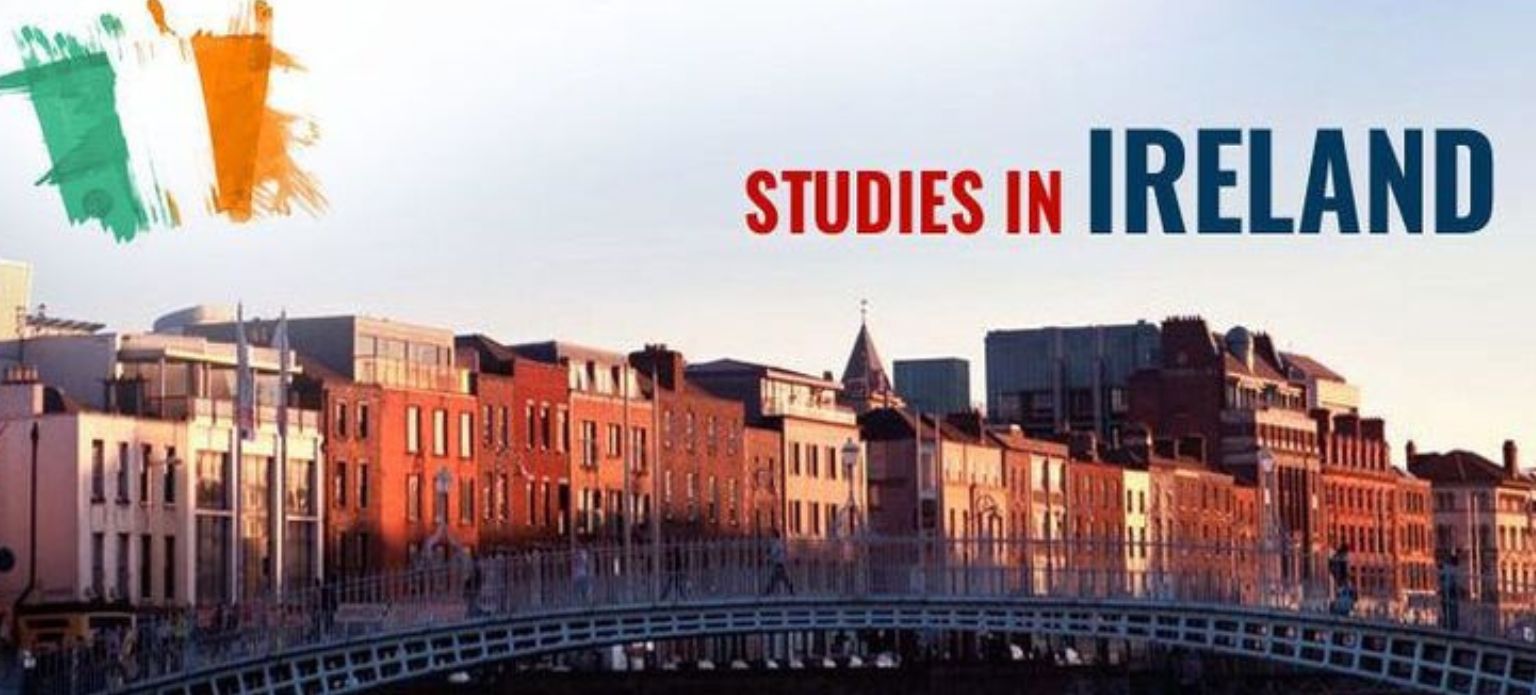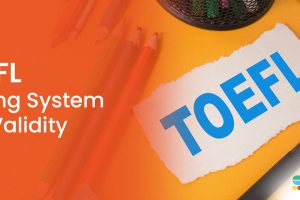
Understanding the Student Visa Requirement for Ireland
- Categories All Study in Abroad Blogs, Studying Abroad, Studying in Ireland
- Date May 9, 2024
Studying abroad is an experience of a lifetime. Ireland hosts an exclusively valuable experience for international students. With facilities like state-of-the-art research centres, historical infrastructure and top-notch advanced technology, Ireland opens its doors to students from across the world. The reasons why students choose to study in Ireland are multifaceted. The ones moving to Ireland to pursue a course get to be a part of some of the world’s leading universities. Not only do the universities offer high-quality education, they have a wide range of courses to choose from. After graduation, students can indulge in the thriving industrial growth of the country by being a part of their economic chain. And it all starts with getting a student visa.
Types of Visa for Ireland
Ireland has 2 types of student visas. Students applying to study in Ireland need to understand the types of visas available at their disposal. While they don’t have much impact on their experience, they do vary as per the duration of their course. Students wishing to study in Ireland for a full-time course need to apply for a D-visa. Particularly, the D-visa allows students to stay and study in Ireland for more than 3 months. On the other hand, the C-visa allowed them to study shorter courses under 3 months. Students aspiring to pursue a certificate program, project research or a short-term specialisation course can opt for this visa.
Eligibility
Students can apply for the visa only after receiving an acceptance letter from their chosen universities. When applying for a visa, they need to submit this document as proof of their admission. Further, they also need to have sufficient funds to support their routine expenses while staying in Ireland to complete their course. This cost of living expense is €10,000 or INR 8,90,761.82. Lastly, they need to demonstrate their English proficiency with a language test. Ideally, they need to score a band of 6.0-7.0 in IELTS or a minimum of 63 in PTE-A. Alternatively, some universities like Dublin City University, the Univerisity of Limerick and Trinity College also accept the Duolingo English Test.
Processing Time and Fee
Students can apply for both types of Irish visas up to 3 months ahead of their course. To apply for the visa, they can visit the Irish Government’s official website or consult with their study consultant. Usually, it takes 8 weeks to process the visa. But it could take longer under some conditions. The cost of administrating and processing the visa application is €60. In Indian currency, that is INR 5,343.46. Notably, students from countries like Morocco, Sri Lanka and Indonesia can apply for an Ireland study visa free of cost. However, Indian students don’t fall under this category.
Documents Required for D-Visa
This is the most daunting part of the visa process. The documents required to apply for the D-visa are a valid passport, coloured photographs and a Letter of Acceptance from a recognised Irish institute. They also need to present academic records like previous marksheets and the scorecard from an English proficiency test. Further, proof of payments and maintenance funds are required. This includes the tuition fee paid to the university to solidify their admission and the visa application fee to the visa centre. Additionally, if there has been a gap in the educational history, students might need to provide evidence that supports that gap. Lastly, they need to submit their medical insurance details and biometrics.
Working with a Student Visa
The visa applicant may be asked during their visa interview if they wish to work during their course in Ireland. Students pursuing a course among the Interim List of Eligible Programmes (ILEP) can work in Ireland with a D-visa. They can work for up to 20 hours part-time during their terms. Further, during vacations and holidays, they can work up to 40 hours. Notably, Ireland has standardised holidays from June to September and, later, from 15 December to 15 January. After the completion of their course, they can stay up to 1 year to seek employment in Ireland. Particularly, the extended duration is 2 years for PG students.
Related blog: Working in Ireland After Completing Studies
Travelling with a Student Visa
Students with a valid visa can travel in and around Ireland over the weekends. It is an integral part of their foreign education experience. Ireland has beautiful landscapes, rich history, art and adventure to explore. Some of the countries in close proximity are France, Germany, Spain, Italy, Sweden, and Turkey. However, students will need a Schengen Visa to travel to Europe. Further, students can take ferries to England, Wales, Scotland and Continental Europe.
Student Visa Renewal
Students can extend their visa to switch colleges, change courses or start a new one. For this, they need to visit the local immigration officer in the district. The process is more or less the same as applying for a visa in India. However, it will cost up to €300.
Ready to fly? Connect with Studywise International for a FREE CONSULTATION today!
You may also like

Ireland Intake 2024-25: Universities & Preparation Timeline

TOEFL Scoring System and Validity


